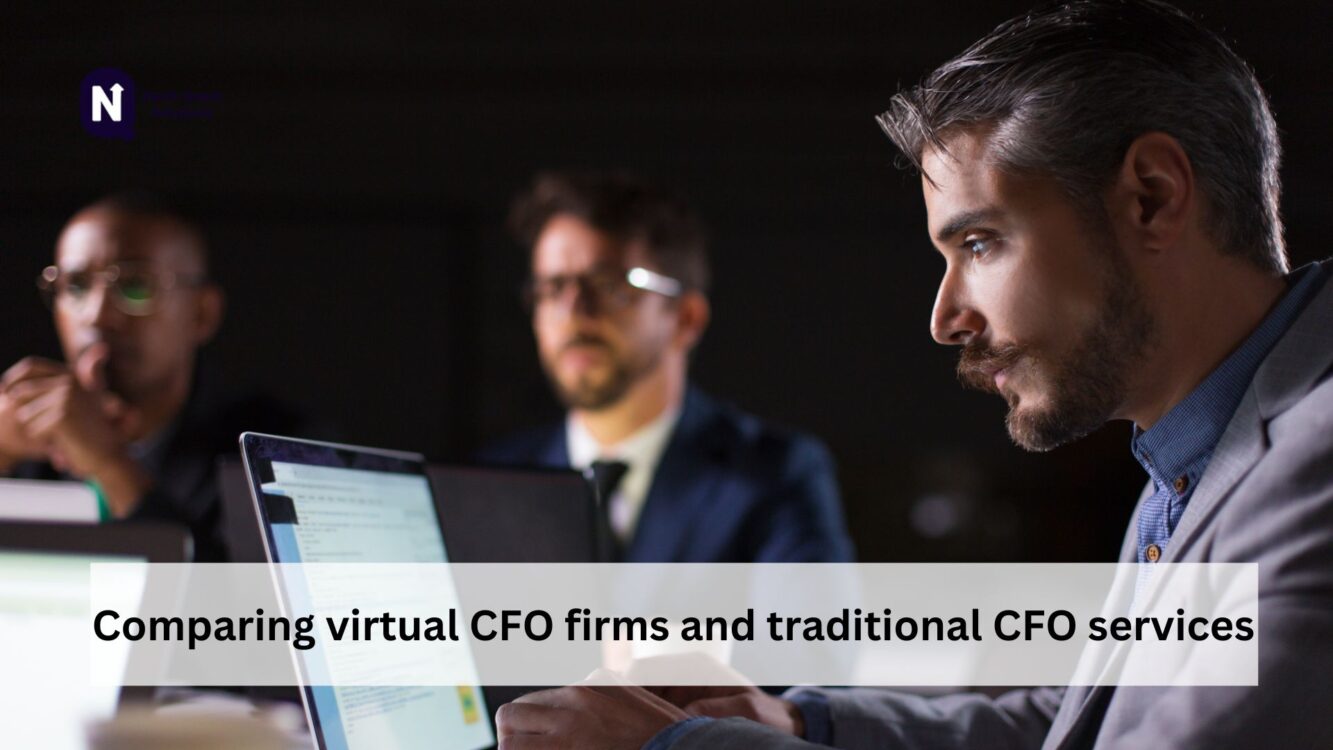
In the dynamic landscape of business control, the function of a Chief Financial Officer (CFO) holds mammoth significance. Acting as the economic spine of an organization, a CFO ensures strategic economic planning and sound monetary selection-making. Whether it is coping with budgets, studying economic risks, or imparting insights into increased possibilities, the understanding of a CFO is necessary.
Traditional CFO Services
Traditionally, groups have depended on in-residence CFOs or outsourced to set up firms specializing in economic consultancy. These conventional CFO offerings provide comprehensive monetary control answers tailor-made to the precise wishes of agencies. From economic forecasting to threat control, traditional CFOs offer a big selection of services geared toward optimizing economic performance.
However, one of the drawbacks of conventional CFO services is the excessive price associated with hiring full-time CFOs or the attractiveness of famous monetary consultancy companies. Small and medium-sized establishments (SMEs) regularly find it difficult to have enough money for such services, proscribing their access to professional monetary steering.
Virtual CFO Firms
With the advent of the era and the rise of far-off work culture, a brand new participant has emerged inside the realm of CFO offerings – digital CFO corporations. These corporations provide remote financial control answers, imparting companies with access to experienced CFOs on a component-time or mission basis. By leveraging cloud-primarily based tools and verbal exchange systems, digital CFOs can supply the identical degree of knowledge as traditional CFOs, however with added flexibility and fee-effectiveness.
Virtual CFO companies cater to the evolving wishes of cutting-edge businesses, providing scalable solutions that can adapt to fluctuations in workload or enterprise requirements. Moreover, the accessibility of digital CFO services enables SMEs to get admission to pinnacle-tier monetary understanding without bearing the load of hefty overhead fees.
Comparison between Traditional CFO Services and Virtual CFO Firms
Cost-effectiveness
Traditional CFO offerings regularly entail good-sized monetary commitments, which include salaries, advantages, and overhead expenses. In assessment, virtual CFO firms offer bendy pricing models, allowing agencies to pay for offerings as wished, thereby decreasing overall prices.
Accessibility and Flexibility
Virtual CFO offerings offer companies the flexibility to interact with economic specialists remotely, getting rid of geographical constraints. This accessibility allows actual-time collaboration and brief choice-making, which is critical in the latest fast-paced business surroundings.
Level of Expertise
Both conventional CFOs and digital CFOs have tremendous economic knowledge, but virtual CFO firms can also provide a broader range of industry-specific know-how because of their various patron base. Additionally, digital CFOs often carry fresh views and progressive solutions to the table, reaping benefits groups looking for to stay in advance of the curve.
Customization and Scalability
Virtual CFO companies excel in offering custom-designed solutions tailored to the precise desires of every purchaser. Whether it is growing economic techniques, implementing accounting structures, or accomplishing economic analysis, virtual CFOs can adapt their offerings to shape the size and scope of any business.
Choosing the Right CFO Service for Your Business
When figuring out between traditional CFO services and digital CFO companies, corporations have to keep in mind different factors inclusive of their price range, operational requirements, and lengthy-term growth targets. Conducting an intensive assessment of available alternatives and assessing the specific needs of the commercial enterprise can help in making a knowledgeable choice.
Future Trends in CFO Services
Looking ahead, the CFO offerings landscape is poised for similar innovation and transformation. As the generation continues to adapt, virtual CFO companies are possibly to embrace superior analytics, synthetic intelligence, and machine learning algorithms to offer even more sophisticated financial insights and predictive capabilities.
Conclusion
In conclusion, the choice between traditional CFO offerings and virtual CFO firms in the end relies upon the precise instances and goals of each commercial enterprise. While traditional CFO services offer reliability and a verified track file, digital CFO firms offer flexibility, accessibility, and cost-effectiveness. By weighing the pros and cons of every choice and aligning them with their enterprise desires, companies can ensure powerful financial control and sustainable boom.
For more information:- North Quest Solutions
